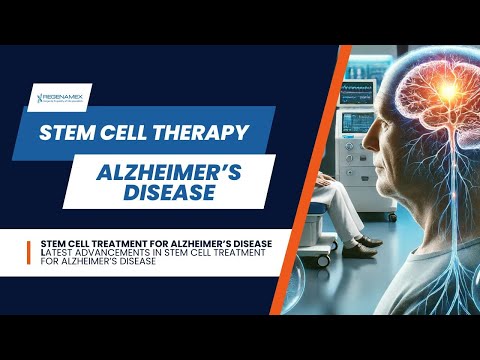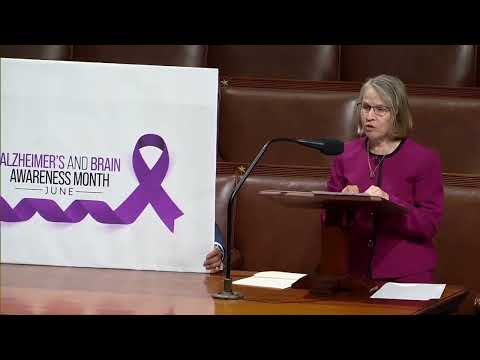It seems that at least once a week, there’s an alert from law enforcement that someone suffering from Alzheimer’s, dementia or general memory issues has gone missing. To ensure these people are found swiftly and brought home safely, lawmakers put forth a new bill that come October will put into motion additional training for law enforcement and correctional officers statewide.
The Alzheimer’s Disease and Related Dementia Training for Law Enforcement and Correctional Officers bill is a short bill, just two pages long — but it’s an important one.
While the real number of people living with some form of cognitive decline is unknown, more than 580,000 people in Florida are living with Alzheimer’s, according to the Alzheimer’s Association. Lawmakers and experts anticipate that number will only continue to grow.
2022 data from the state shows some of our local counties have high numbers of potential Alzheimer’s cases. State records estimate more than 12 percent of the population of Palm Beach and Martin counties have the progressive disease. In Okeechobee and Indian River Counties, more than 11 percent of the population is living with the disease. These are estimates of probable cases, among people 65 and older — so those numbers may be much higher.
Lawmakers who spoke with CBS12 News say it’s important to address the needs of such a vulnerable part of the population.
State Representative Joe Casello, is part of the state’s Criminal Justice Subcommittee that introduced the Alzheimer’s Disease and Related Dementia Training for Law Enforcement and Correctional Officers bill. The governor signed it into law last month.
Casello explains the law will implement training for law enforcement and correctional officers to learn to spot the signs of Alzheimer’s and cognitive decline in order to get people treatment, and prevent a preventable tragedies.
“Any training the first responders, law enforcement… I look at it as a tool for them,” Casello said. “It might just come in handy at some point saving a life or deescalating what could become a poor outcome.”
The law will take effect on October 1.
Casello said the subcommittee is working with law enforcement and experts in cognitive decline to develop the program curricula. He says the training will be routinely updated for law enforcement to implement best practices.














![Sharpen Your Mind & Slash Dementia Risk by 90%! (Free Masterclass) [Video]](https://neurosupportgiving.com/wp-content/uploads/2024/07/mp_239091_0_0jpg.jpg)



